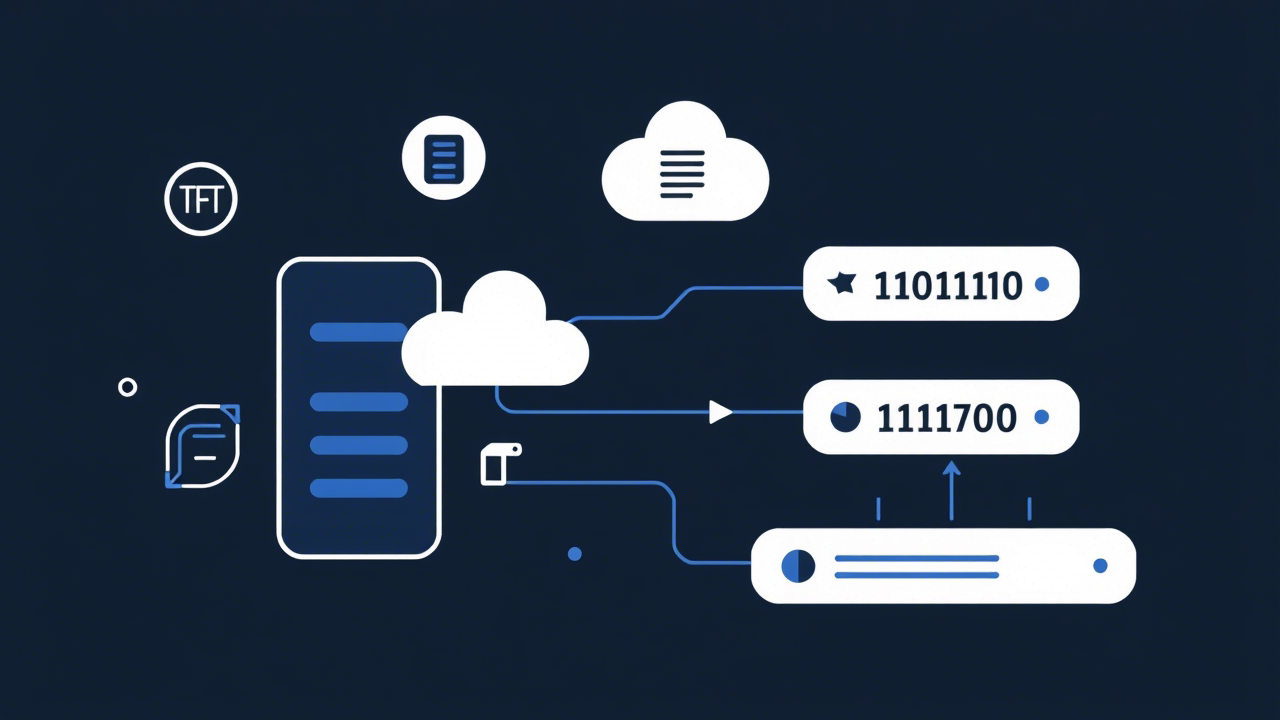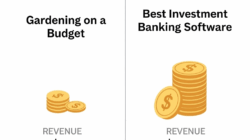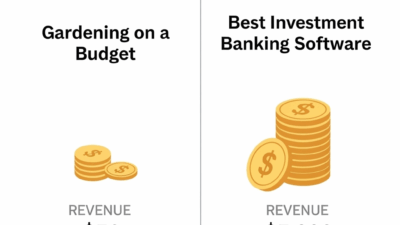The concept of cloud databases has revolutionized the way data is stored, accessed, and managed. These platforms offer students an incredible opportunity to work on projects, conduct research, and collaborate with peers without the need for expensive hardware or software. A cloud database is essentially a database that runs on a cloud computing platform, providing accessibility, scalability, and flexibility. Free cloud database are a game-changer for students, especially those studying computer science, data science, or any field requiring data management.
The importance of cloud databases in education cannot be overstated. They allow students to experiment with real-world data, build applications, and develop highly sought-after skills in the job market. Moreover, free cloud database eliminate the financial barrier, making advanced tools accessible to everyone. This article will explore the best free cloud database for students, their features and benefits, and how to make the most of them.
What is a Cloud Database?
A cloud database is a database hosted on a cloud computing platform. Unlike traditional databases stored on local servers, cloud databases are accessible over the Internet. This means that students can access their data from anywhere, at any time, using any device with an internet connection. Cloud databases are managed by third-party providers who handle maintenance, updates, and security, allowing users to focus on their work.
For students, this means no more worrying about server crashes, data loss, or the complexities of database management. Cloud databases also offer scalability, meaning that as your data grows, the database can grow with it without requiring additional hardware or software.
Why Students Should Use Free Cloud Database
Free cloud database are particularly beneficial for students for several reasons. First, they are cost-effective. As a student, budget constraints are a reality, and free cloud database provide access to powerful tools without the financial burden. Second, they offer flexibility. Whether working on a group project, conducting research, or building an application, cloud databases allow you to collaborate with peers in real-time, regardless of location.
Additionally, using cloud databases helps students develop technical skills that are highly valued in the job market. Students gain hands-on experience with database management, SQL, and cloud computing by working with these platforms, essential skills in many industries.

Top Platform Free Cloud Database for Students
Several free cloud database platforms are ideal for students. Each platform has unique features and benefits suitable for different projects and learning needs.
1. Firebase by Google
Firebase is a popular choice for students due to its ease of use and integration with other Google services. It offers real-time database capabilities, making it ideal for applications that require instant updates, such as chat apps or collaborative tools.
2. MongoDB Atlas
MongoDB Atlas is a cloud-based NoSQL database perfect for students working on projects requiring handling large volumes of unstructured data. It offers a free tier with generous storage and bandwidth limits.
3. Amazon Web Services (AWS) Free Tier
AWS offers a free tier with access to several database services, including Amazon RDS and DynamoDB. This is an excellent option for students exploring a wide range of cloud services.
4. Microsoft Azure for Students
Azure provides free access to its cloud services, including SQL Database, for students. It’s an excellent choice for those already familiar with Microsoft products.
5. Heroku Postgres
Heroku offers a free tier of its Postgres database, which is ideal for students working on web applications. It’s easy to set up and integrates well with other Heroku services.
6. Oracle Cloud Free Tier
Oracle free tier includes access to its Autonomous Database, a fully managed database service. It’s a good option for students who need a robust and scalable database solution.
7. Supabase
Supabase is an open-source alternative to Firebase that offers a free tier. It’s ideal for students who want to work with a modern, developer-friendly database.
8. Airtable
Airtable combines the features of a database and a spreadsheet, making it easy for students to organize and manage data. It offers a free plan with limited records and attachments.
9. CockroachDB
CockroachDB is a distributed SQL database that offers a free tier. It’s a good choice for students who need a highly available and scalable database.
10. Google Cloud Firestore
Firestore is another Google offering that is ideal for students. It’s a NoSQL document database with real-time updates and offline support.
Features to Look for in a Free Cloud Database for Students
When choosing a free cloud database, there are several features that students should consider. These include:
1. Ease of Use: The platform should be user-friendly, especially for students without extensive database management experience.
2. Scalability: As your projects grow, the database should be able to scale with your needs without requiring a significant investment.
3. Integration: The database should integrate well with other tools and services, such as programming languages, frameworks, and cloud services, that you may be using.
4. Security: Data security is crucial, especially when working on academic projects that may contain sensitive information.
5. Support and Documentation: Good documentation and community support can make a big difference, especially when learning.
How to Get Started with a Free Cloud Database
Getting started with a free cloud database is relatively straightforward. Most platforms offer detailed documentation and tutorials to help you set up your database. Here’s a general guide:
1. Choose a Platform: Based on your project requirements, select a platform that offers the needed features.
2. Sign Up: Create an account on the platform and take advantage of free tiers or student offers.
3. Set Up Your Database: Follow the platform’s instructions to create and configure your database.
4. Import Data: If you have existing data, import it into your new database.
5. Start Building: Use the database to build your application, research, or manage your data.
Benefits of Using Free Cloud Database in Education
Free cloud databases offer numerous benefits for students and educators alike. They provide a cost-effective way to access powerful tools, foster collaboration, and enhance learning. Students can also gain practical experience with database management, which is a valuable skill in many industries.
Moreover, cloud databases can be used in various academic disciplines, from computer science to business, engineering, and even the humanities. They enable students to work on real-world projects, analyze large datasets, and develop innovative solutions to complex problems.

Challenges and Limitations of Free Cloud Database
While free cloud databases offer many advantages, there are also some challenges and limitations to be aware of. Free tiers often come with storage, bandwidth, and feature restrictions, which may not be sufficient for larger projects. Additionally, relying on a third-party service means you depend on their uptime and security measures.
However, these limitations are manageable for most student projects, and the benefits far outweigh the drawbacks.
Tips for Maximizing Free Cloud Database
To make the most of free cloud databases, students should:
1. Plan Ahead: Understand the limitations of the free tier and plan your project accordingly.
2. Optimize Data Usage: Use efficient data structures and queries to minimize storage and bandwidth usage.
3. Leverage Documentation: Use the platform’s documentation and community forums to troubleshoot issues and learn best practices.
4. Backup Data: Regularly backup your data to avoid loss in case of any issues with the cloud service.
5. Explore Advanced Features: As you become more comfortable with the platform, explore advanced features that can enhance your project.
Future of Cloud Database in Education
The future of cloud databases in education looks promising. As technology continues to evolve, we can expect to see more advanced features, better integration with other tools, and increased accessibility for students. Cloud databases will play a crucial role in preparing students for the demands of the modern workforce, where data management and cloud computing are essential skills.
Free cloud databases are an invaluable resource for students. They offer a powerful, flexible, and cost-effective way to manage data, build applications, and develop essential skills for the future. By leveraging these tools, students can unlock new opportunities for learning and innovation, setting themselves up for success in their academic and professional journeys.







